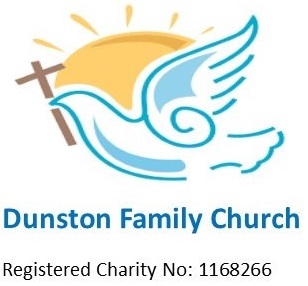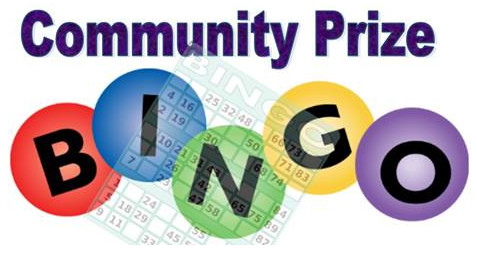
 Dunston Family Church
Dunston Family Church

 Dunston Family Church
Dunston Family Church

This very popular community event every
Thursday from 12.30pm until 2.30pm.
Hot and cold meals and snacks are available from our Community Cafe.
Contact Teams Life Centre for more details
Origins of Bingo
The game's history can be traced back to 1530, to an Italian lottery called "Lo Giuoco del Lotto D'Italia," which is still played every Saturday in Italy. From Italy, the game was introduced to France in the late 1770s, where it was called "Le Lotto", a game played among wealthy Frenchmen.
The Germans also played a version of the game in the 1800s, but they used it as a child's game to help students learn math, spelling, and history.? In the U.S., bingo was originally called "beano". It was a country fair game where a dealer would select numbered discs from a cigar box and players would mark their cards with beans. They yelled "beano" if they won.
Edwin S. Lowe and the Bingo Card
When the game reached North America in 1929, it became known as "beano". It was first played at a carnival near Atlanta, Georgia. New York toy salesman Edwin S. Lowe renamed it "bingo" after he overheard someone accidentally yell "bingo" instead of "beano." He hired a Columbia University math professor, Carl Leffler, to help him increase the number of combinations in bingo cards. By 1930, Leffler had invented 6,000 different bingo cards. They were developed so there would be fewer non-repeating number groups and conflicts when more than one person got Bingo at the same time. Lowe was a Jewish immigrant from Poland. Not only did his E.S. Lowe company produce bingo cards, but he also developed and marketed the game Yahtzee, for which he bought the rights from a couple who played it on their yacht. His company was sold to Milton Bradley in 1973 for $26 million. Lowe died in 1986.
Church Bingo
A Catholic priest from Pennsylvania approached Lowe about using bingo as a means of raising church funds. When bingo started being played in churches it became increasingly popular. By 1934, an estimated 10,000 bingo games were played weekly. While gambling is banned in many states, they may allow bingo games to be hosted by churches and non-profit groups to raise funds.
Contact us to find out more, or use the form below: